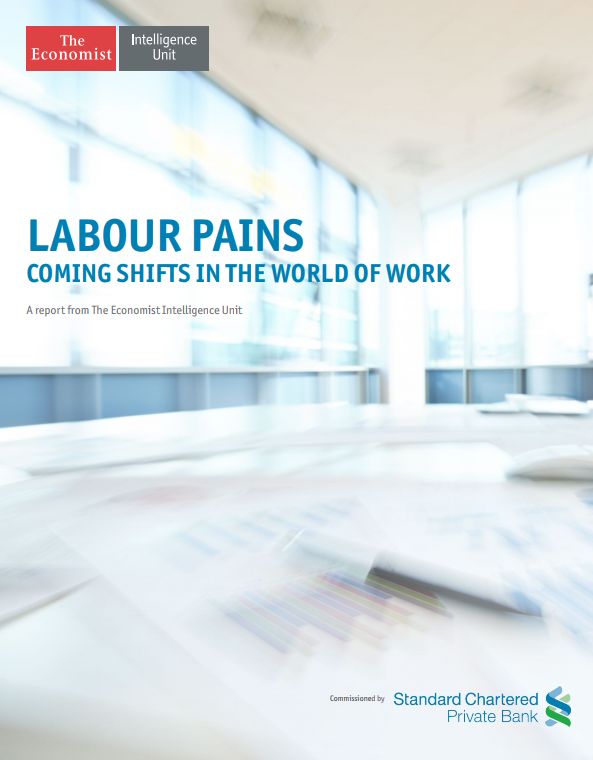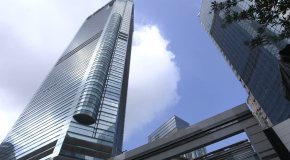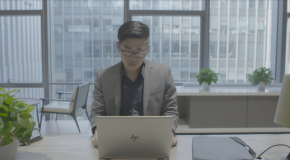The media and popular literature abound with visions of work in the future. Some are dystopian, foreseeing a workplace where software and machines perform most tasks and humans are thin on the ground. Others are benign, anticipating that current modes of work will survive well into the future, and that new technologies will make work and the workplace a more enjoyable experience than today. However, even those of the latter, more optimistic bent acknowledge that the path to the work future will be strewn with difficult realities that employers and employees will need to face up to.
Does the inexorable expansion of the digital economy portend a shift of the balance of power in the workplace? Will the rise of an on-demand workforce further upset this balance? And how will the relentless march of today’s emergent technologies, including artificial intelligence (AI) and others impact the work environment?








